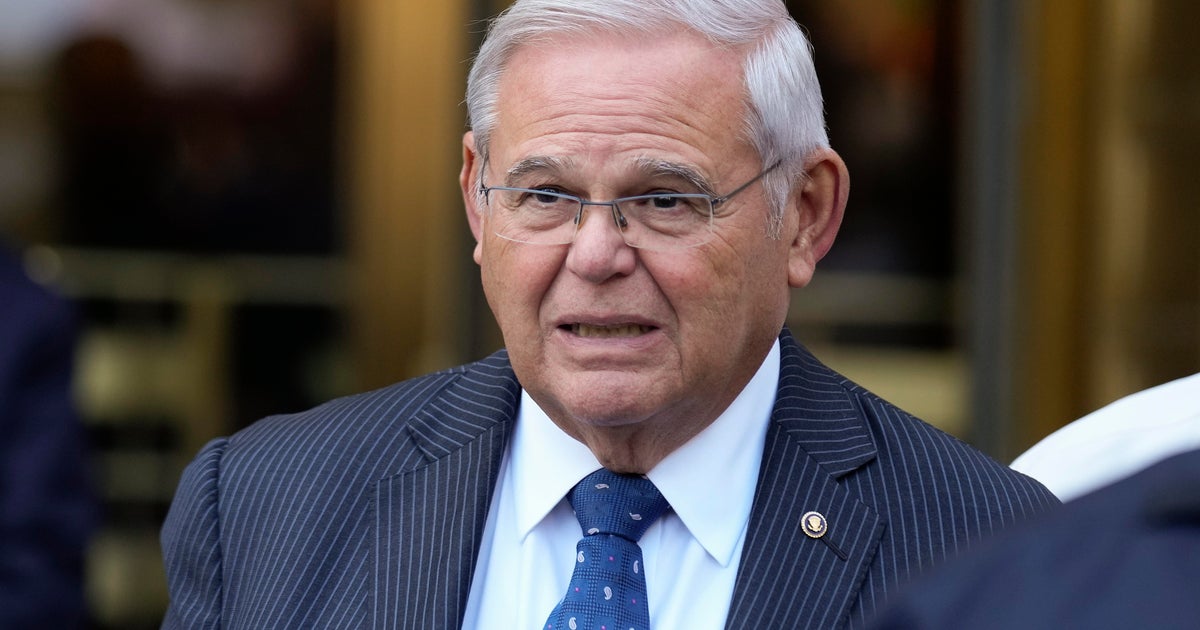NCAA To Calhoun's UConn Huskies: Shape Up Grades... Or Else
NEW YORK (WFAN/AP) — The NCAA has put UConn on notice — improve in the classroom or face tougher penalties.
Jim Calhoun's Huskies were one of six BCS teams sanctioned Tuesday for sub-par marks in the NCAA's annual Academic Progress Rates report. The Associated Press reported last week that UConn will lose two scholarships for the upcoming season because of the APR report.
And if the grades don't get better, the Huskies' punishment could get worse.
"We are all disappointed in our academic performance and going forward we are going to attack this in the only way I know how, and that is to work as hard as possible to get better every day," coach Calhoun said in a statement. "I do know that over the past year, we have made improvements and are moving in the right direction."
To avoid losing more scholarships or practice time, UConn will have to prove it. And the Huskies weren't the only school getting hit Tuesday.
Southern University in Baton Rouge, La., became the first school to face postseason bans in two programs — men's basketball and football — because of academics.
The APR measures classroom performance of student-athletes on every Division I team. Teams scoring below the 925 cutline in one year can face immediate penalties. Those scoring below 900 or with low scores for several years face tougher historical sanctions.
This year's data covers 2006-07 through 2009-10. A perfect score is 1,000.
The average APR number for all athletes jumped three points to 970 in the latest report. Baseball (959) and men's basketball players (945) each had a five-point increase while the football score (946) improved by two points.
But the improvement was tempered by two things — a record eight teams receiving postseason bans and the punishment of a prominent national champion that went before the NCAA infractions committee last year and now has seen a one-year drop from 930 to 893 in the classroom.
"It is disappointing to see that drop at UConn," said Emmert, who once served as Connecticut's chancellor. "We certainly hope it's a one-year drop."
Since postseason bans became part of the penalty structure in 2008, only four teams have received the punishment.
This year's group consists of men's basketball teams at Cal State-Northridge, Chicago State, Grambling, Louisiana-Monroe and Southern, and football teams at Idaho State, Southern and Jackson State, Walter Payton's alma mater.
No team has ever been given the harshest penalty, a one-year membership restriction.
The NCAA handed out 58 penalties this year to schools that have had consistently poor showings over more than one year. These harshest penalties — postseason bans, practice reductions or guaranteed scholarship cuts — affected only one BCS conference team: Arkansas, which will lose one scholarship in men's basketball.
Five other BCS teams will lose scholarships only if an equal number of academically ineligible players leave school. Football teams at Maryland and Louisville could lose up to three scholarships. Men's basketball teams at Georgia Tech and LSU could each lose one.
A seventh BCS team, Southern Cal men's basketball, fell below the cutline at 912, but was not penalized.
UConn has already said it will lose both its scholarships because two players have left the school in poor academic standing. The school posted the second-lowest score of any BCS team in the three major sports: football, men's basketball and women's basketball. Arkansas' men's basketball team had an 892. Butler, the two-time national runner-up, had a perfect 1,000.
UConn's score also prompted the NCAA to notify the school it was in danger of facing the harsher historical penalties if the APR number doesn't go up next year.
Walter Harrison, president at the University of Hartford and chairman of the NCAA's committee on academic performance, said he plans to meet with UConn's new president, Susan Herbst, soon and plans to discuss the classwork.
Emmert is willing to go a step further.
"In our office, we have routinely and would be willing again to send people to campuses to do things like best practices," he said. "We want to help them understand their relationship with the NCAA and what we can do to be helpful, and I'm sure they've got the culture there (at UConn) to respond appropriately."
Other details from the NCAA report:
— Historically black colleges and universities, including Southern, accounted for 29 of the 58 harshest penalties. Teams at more than 300 schools were measured in this year's APR, and only 24 of those were HBCUs.
— Four teams missed the cutline in the big three sports. They were Jackson State, Prairie View A&M, Southern and Texas Southern, all members of the Southwestern Athletic Conference. Nineteen schools had football and men's basketball teams fall below the cutline and 10 had both their men's and women's basketball teams miss the mark.
— Colorado, the only BCS school to face scholarship losses in football and men's basketball because of last year's APR scores, made the cut this time. The Buffaloes had a 929 in football and a 926 in men's basketball. Syracuse was the only other BCS school penalized in 2010. Its score improved from 912 to 928 in men's basketball.
— When combining the two penalty structures, 103 teams were penalized, down from 137 last year. Two years ago, the number was 177.
Is UConn's loss of two scholarships a fair penalty? Sound off below...
(TM and Copyright 2011 CBS Radio Inc. and its relevant subsidiaries. CBS RADIO and EYE Logo TM and Copyright 2011 CBS Broadcasting Inc. Used under license. All Rights Reserved. This material may not be published, broadcast, rewritten, or redistributed. The Associated Press contributed to this report.)



